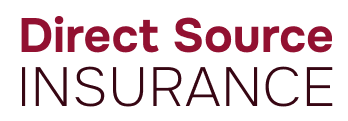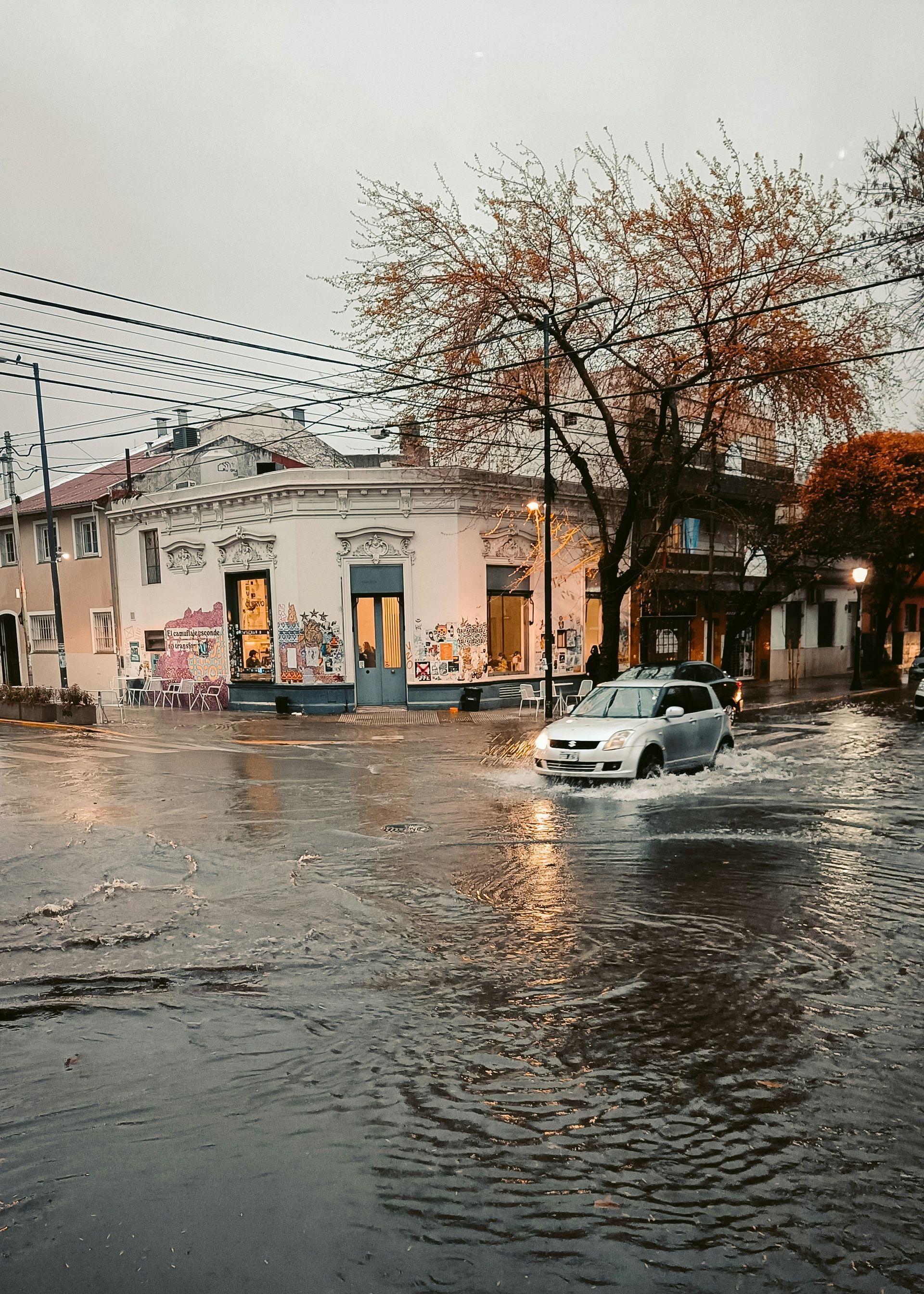Flood Insurance
Protection When Waters Rise
Smart Protection for Rising Waters
Flooding is unpredictable—but your coverage shouldn’t be.
Floods are the most common and costly natural disasters in Louisiana, especially in areas like Kenner, Metairie, and New Orleans. And yet, standard homeowners and business insurance policies don’t cover flood damage. That’s where we come in. At Direct Source Insurance, we help you secure the right flood insurance—residential or commercial—so you’re protected when it matters most. Whether through the National Flood Insurance Program (NFIP) or private markets, we simplify the process and make sure you understand exactly what’s covered.
What Your Flood Policy Covers
Real protection, not just paperwork.
Building Coverage
Helps repair or rebuild the structure of your home or business after water damage caused by flooding.
Contents Coverage
Replaces your personal property, furniture, appliances, and other belongings damaged by rising water.
Basement Items
Covers essential equipment in your basement, like HVAC systems, water heaters, and electrical panels.
Cleanup Costs
Helps cover debris removal and post-flood cleanup to restore livability or operability.
Optional Excess Coverage
Available for higher-value homes or businesses needing more protection than NFIP limits provide.
Why Flood Coverage Matters
Flooding happens more than you think.
It’s Not in Your Homeowners Policy
Most property owners don’t realize flood damage isn’t included in standard insurance until it’s too late.
Louisiana Is High-Risk
With low elevations and extreme weather patterns, areas like New Orleans and Kenner are especially vulnerable.
Lenders Often Require It
If you live in a flood zone, mortgage companies may mandate proof of flood insurance as a condition of your loan.
Common Flood Coverage Questions
What to know before the waters rise.
Does flood insurance cover hurricane damage?
Flood insurance covers rising water from storm surge or heavy rain related to hurricanes, but not wind damage—that’s covered by homeowners or windstorm policies. If a hurricane causes flooding in your area, a flood policy can help repair structural damage and replace personal items. To stay fully protected, you’ll need both flood and wind coverage. Our team can help you bundle them correctly.
Is flood insurance required in Metairie, LA?
Flood insurance is required if your home or business is located in a FEMA-designated high-risk zone and you have a federally backed mortgage. Even outside these zones, Metairie is prone to heavy rainfall and flash flooding. That makes flood coverage a smart choice for many residents regardless of lender requirements. We’ll check your zone and explain your options clearly.
How are flood insurance rates calculated?
Flood insurance rates are determined by factors like your home’s elevation, proximity to water, age, and construction type. New FEMA flood maps and Risk Rating 2.0 changes have also adjusted how premiums are calculated. We work with both NFIP and private carriers to find the best rate for your needs. A personalized quote is the most accurate way to estimate your cost.
What’s the waiting period for coverage?
Typically, there’s a 30-day waiting period before a new flood insurance policy takes effect through the NFIP. This is why it’s important to purchase coverage before a storm is forecasted. Private market policies may offer shorter waiting times, depending on the provider. We’ll explain the timelines and help you get covered quickly if needed.
What if I’ve had flood damage before?
You can still qualify for flood insurance even if your property has flooded in the past. However, premiums and coverage availability may vary. Documented mitigation efforts—like raising your home or installing flood vents—can reduce your risk and sometimes your cost. We’ll review your flood history and connect you with the best available policy.


